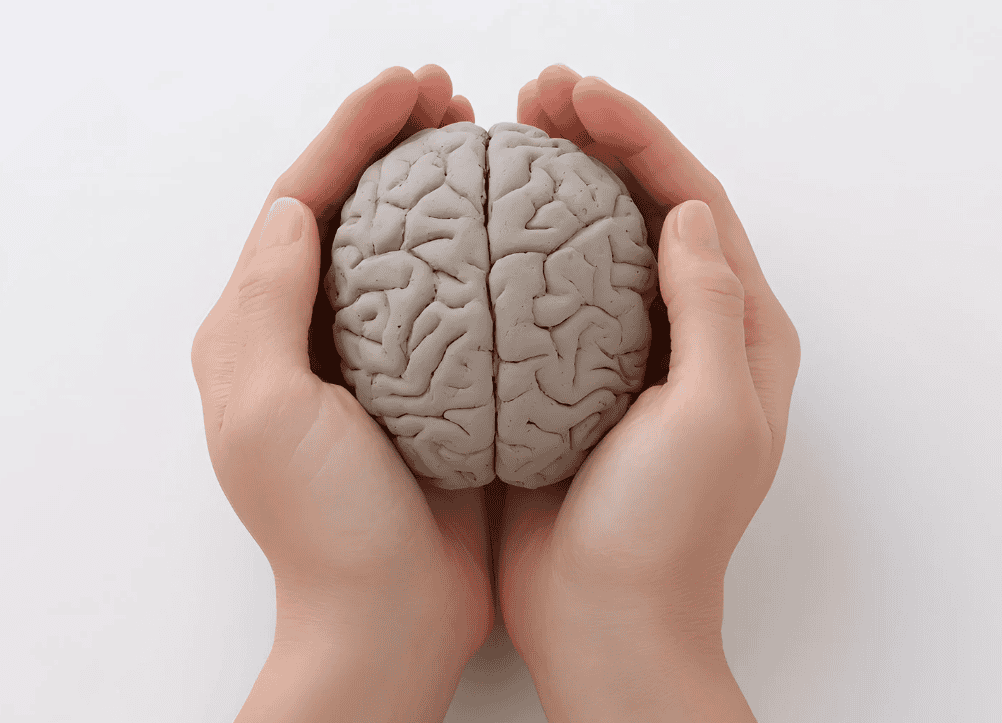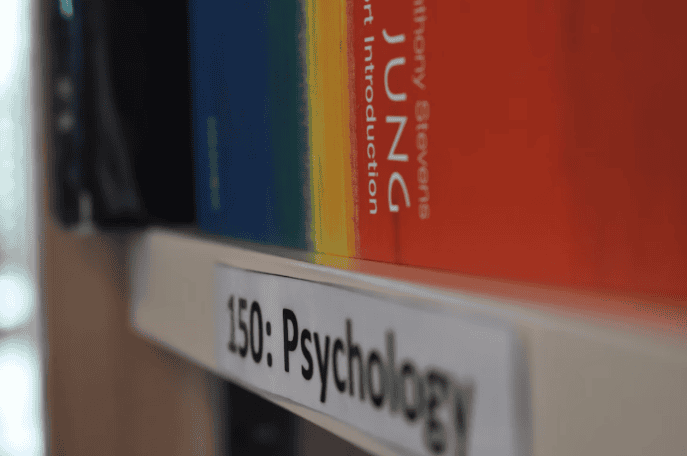The field of therapy is undergoing a profound transformation as interdisciplinary studies emerge as a key player in shaping modern practices. By integrating knowledge from various academic disciplines, therapists can create more holistic and effective treatment plans.
This shift challenges traditional methods, moving away from a purely psychological focus to a broader, more integrated approach. Therapists are exploring how insights from medicine, art, science, and philosophy can enhance their practices and improve client outcomes.
The Significance of Interdisciplinary Collaboration
The complexity of mental health issues often requires multifaceted solutions. Interdisciplinary collaboration is important for comprehensively addressing these challenges.
Professionals from fields such as psychology, sociology, neuroscience, and even art therapy are coming together to find common ground, resulting in innovative strategies that address a patient’s emotional, physical, and social well-being.
A therapist may combine cognitive-behavioral strategies with insights from neuroscience to offer clients a well-rounded therapeutic experience.
By inviting diverse perspectives into therapy, practitioners can better understand their clients’ experiences. This approach allows therapists to tailor their interventions based on a wider array of information.
Evidence suggests that such collaborative methods lead to improved outcomes. Interdisciplinary teams reported a 28% increase in client satisfaction compared to traditional, singular discipline approaches.
The Interdisciplinary Shift in Education
As the need for interdisciplinary understanding in therapy grows, so does the emphasis on integrating multiple fields into educational training programs. Institutions now offer specialized training and degrees that prepare future therapists to approach mental health from diverse angles.
These programs often incorporate elements from psychology, neurology, social work, and even philosophy to cultivate well-rounded practitioners.
This broadened educational focus aligns with the adjustments made in therapeutic practices. It encourages prospective therapists to acquire knowledge beyond their primary discipline, promoting greater collaboration and understanding among professionals.
Comprehensive training equips students with the tools to evaluate client needs holistically, fostering a more empathetic and effective therapeutic process.

Integrating Arts and Creativity in Therapy
One of the most exciting aspects of interdisciplinary studies is the incorporation of arts and creativity into therapeutic practices. Concepts from artistic expression and performance art can enrich a therapist’s toolbox, offering clients new ways to communicate their feelings and experiences.
Creative modalities such as music therapy, art therapy, and drama therapy allow clients to explore their emotions in a non-verbal manner, often leading to breakthroughs that may not occur through traditional verbal therapy alone.
Research shows that engaging in creative activities can have significant therapeutic benefits. A study by the Journal of Arts in Therapy concluded that clients who participated in art-based therapies demonstrated improved emotional regulation and lower levels of anxiety.
By embedding art into therapy, practitioners can diversify their methodologies, fostering a more inclusive environment for clients.
The Role of Technology in Modern Therapeutic Practices
Technology plays a crucial role in therapy. The introduction of teletherapy and digital apps for mental health has opened new avenues for access and engagement. Interdisciplinary studies offer insights into the most effective ways to utilize these technologies.
Combining knowledge of psychology with information technology can lead to the development of apps that cater to specific mental health needs.
These tools can be particularly helpful in reaching underserved populations or individuals who prefer anonymity. Innovative platforms can track users’ moods, send reminders for mindfulness practices, or even connect them with peers for support.
Statistics show that clients using mental health apps report a 35% reduction in symptoms of anxiety and depression within two months of regular use. This intersection of technology and therapy embodies the interdisciplinary spirit, making mental health care more accessible than ever.
Holistic Health Perspectives in Interdisciplinary Studies
With the growing recognition of the interconnectedness of mind and body, interdisciplinary studies have introduced a holistic health perspective that benefits therapy.
This framework acknowledges that psychological, emotional, and physical health are intertwined and cannot be addressed in isolation. Practitioners are increasingly adopting approaches that incorporate physical health strategies into their mental health practices.
Therapists may collaborate with nutritionists or fitness experts to create comprehensive wellness plans for clients. This strategy emphasizes the importance of lifestyle factors, such as exercise and diet, in promoting mental health.
Statistics from the World Health Organization suggest that engaging in regular physical activity can reduce depression and anxiety symptoms by up to 30%. A holistic approach ensures that clients receive well-rounded care that takes their well-being into account.

The Future of Therapy in an Interdisciplinary Context
As interdisciplinary studies continue to shape modern therapy, we can anticipate innovations that will redefine existing practices. The emphasis on collaboration between various fields signifies a commitment to providing comprehensive mental health care.
Therapists are poised to become more resourceful and adaptive, able to draw upon a range of insights to best serve their clients.
Continuing to embrace an interdisciplinary focus will likely lead to the development of new therapeutic modalities and interventions. By valuing diverse approaches, the therapeutic community can remain responsive to the evolving needs of society and contribute to a more compassionate and effective mental health care system.
By integrating interdisciplinary studies into therapy, we are witnessing a significant shift that enhances client well-being. As practitioners adopt these innovative methods, clients stand to benefit from holistic, tailored approaches that address the complexities of their experiences.


